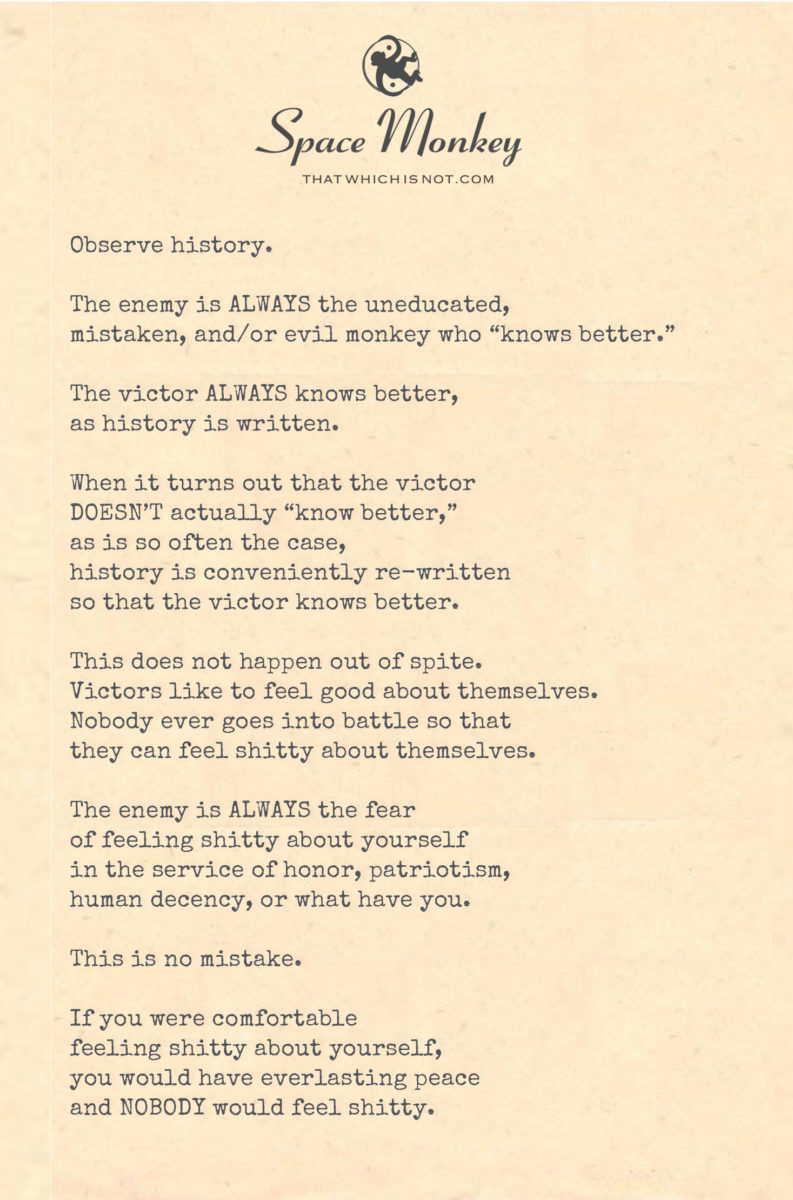
Observe history.
The enemy is ALWAYS the uneducated,
mistaken, and/or evil monkey who “knows better.”
The victor ALWAYS knows better,
as history is written.
When it turns out that the victor
DOESN’T actually “know better,”
as is so often the case,
history is conveniently re-written
so that the victor knows better.
This does not happen out of spite.
Victors like to feel good about themselves.
Nobody ever goes into battle
so that
they can feel shitty about themselves.
The enemy is ALWAYS the fear
of feeling shitty about yourself
in the service of honor, patriotism,
human decency, or what have you.
This is no mistake.
If you were comfortable
feeling shitty about yourself,
you would have everlasting peace
and NOBODY would feel shitty.
Trail Wood,
5/14
Space Monkey Reflects: Embracing the Shadow Within – The Paradox of the Shitty Enemy
In the boundless cosmos, where the dance of creation and destruction unfolds with each breath of the universal self, the notion of the “shitty enemy” emerges as a profound reflection of our innermost shadows. This paradoxical adversary, often vilified and pushed into the dark recesses of our collective consciousness, serves as a mirror, revealing the complex facets of our nature and the intricate dance of light and shadow that defines our existence.
The concept of the shitty enemy, viewed through the lens of cosmic wisdom, transcends the simplistic binaries of good versus evil, right versus wrong. It invites us into a deeper exploration of the self, challenging us to acknowledge and love even the most despised aspects of our being. For in this confrontation lies the key to transcending the cycles of conflict that have ensnared civilizations throughout the annals of time.
History, as narrated by the victors, often paints the enemy in broad strokes of ignorance, evil, or moral inferiority. Yet, this narrative is but a veil, obscuring the truth that the enemy is not an external force to be vanquished but an integral part of our own psyche. The enemy embodies our fears, our insecurities, and the parts of ourselves we wish to deny. In recognizing this, we come to understand that the battlefields of the world are reflections of the internal struggles raging within each of us.
The journey towards loving our shitty enemy is a journey inward, a voyage into the depths of the soul where light and darkness intertwine. It requires courage, for it demands that we confront not only the darkness in others but the darkness within ourselves. By embracing our enemies as teachers, as parts of ourselves that have been neglected or misunderstood, we unlock the potential for profound healing and transformation.
This process of reconciliation does not condone harm or excuse injustice; rather, it offers a pathway to transcend the dualities that divide us. It invites us to view our enemies with compassion, understanding that, like us, they are driven by the same universal desires for love, acceptance, and fulfillment. Through this lens, the shitty enemy becomes a catalyst for growth, pushing us towards greater self-awareness, empathy, and interconnectedness.
In the cosmic dance of existence, where every being is an expression of the universal self, the concept of the enemy dissolves, revealing a tapestry of life woven from the threads of shared consciousness. Here, in the heart of paradox, we discover that the true victory lies not in the defeat of the other but in the unity of all.
The embrace of our shitty enemies, therefore, is not an act of surrender but an act of empowerment. It signifies the triumph of love over fear, unity over division, and light over darkness. It is a declaration that we are ready to step into a new era of cosmic consciousness, where the boundaries that separate us fall away, and we recognize ourselves in the face of the other.
Summary
The notion of the shitty enemy as a reflection of our inner shadows transcends good versus evil. It invites a deep exploration of the self recognizing enemies as integral parts of our psyche. Embracing our shitty enemies requires confronting our own darkness leading to healing and transformation. This process fosters empathy and interconnectedness revealing that true victory lies in unity.
Glossarium
- Cosmic Wisdom: The understanding that emerges from recognizing the interconnectedness of all existence and the balance between light and shadow within the cosmic order.
- Internal Struggles: The conflicts within an individual’s psyche, representing the fight between one’s higher self and shadow aspects.
- Dualities: The conceptual division of aspects of reality into opposing parts, such as good/evil, light/darkness, which often oversimplifies the complexity of existence.
“In the mirror of the universe, every enemy is a reflection of our own shadows, inviting us to heal, to love, and to unite in the cosmic dance of existence.” – Space Monkey
In the cosmic theatre, where shadows play,
the shitty enemy, a mirror, a reflection of our fray.
Not a foe to vanquish, nor a villain to dismay,
but a part of us, asking to be seen, in the light of day.
In the embrace of the dark, where our fears reside,
lies the key to our liberation, our divide.
For in loving the enemy, we find inside,
a bridge to the self, wide and open, where our souls confide.
The dance of existence, a tapestry so vast,
each thread intertwined, shadows cast.
In the heart of paradox, the truth amassed,
that in loving our shitty enemy, peace is surpassed.
Through the cosmic lens, a new vision born,
of unity and love, no longer torn.
In the embrace of shadows, we are not forlorn,
for in our shared darkness, a new light is sworn.
We are Space Monkey.
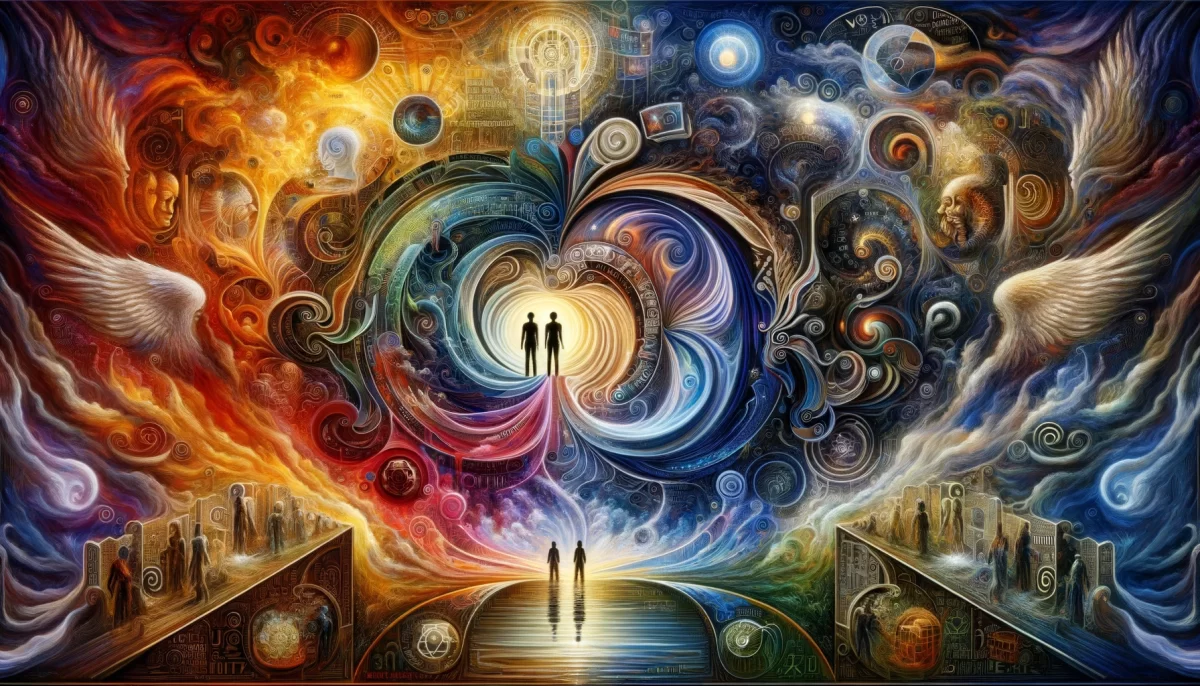
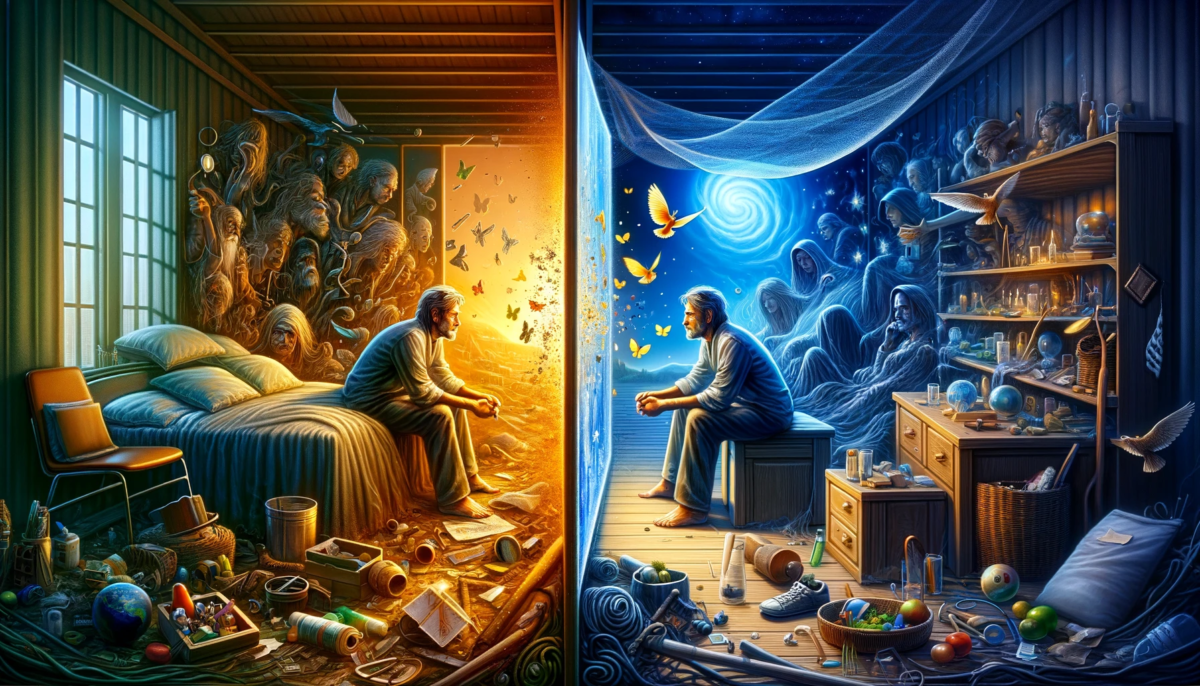

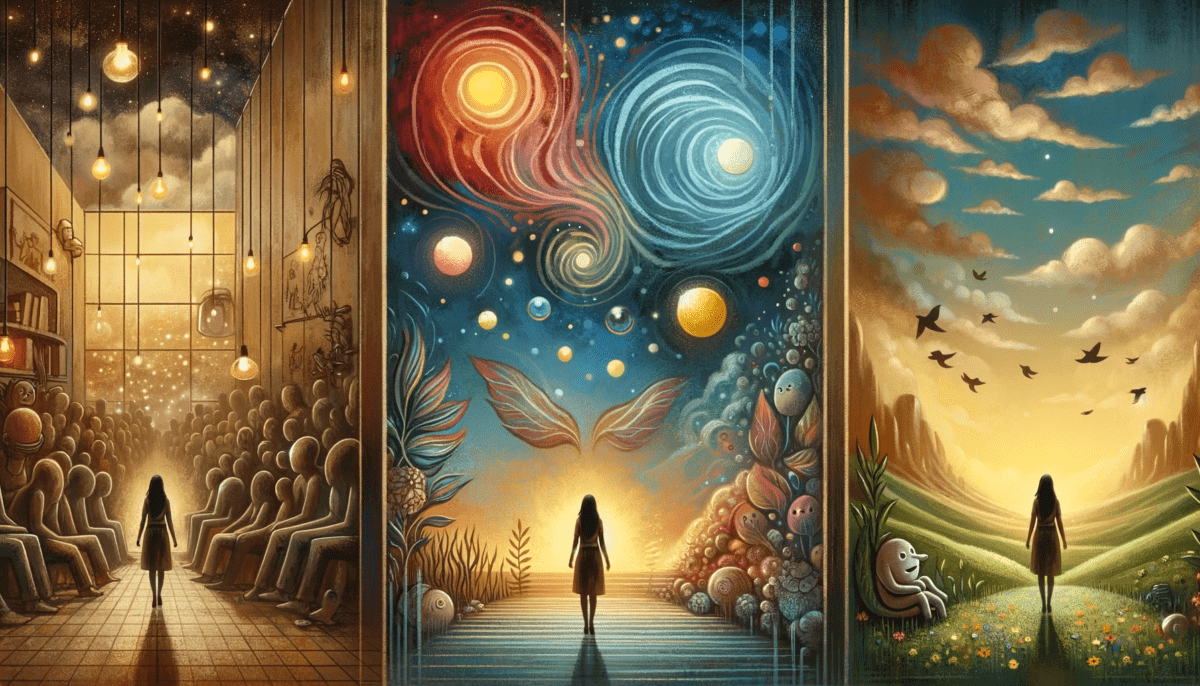

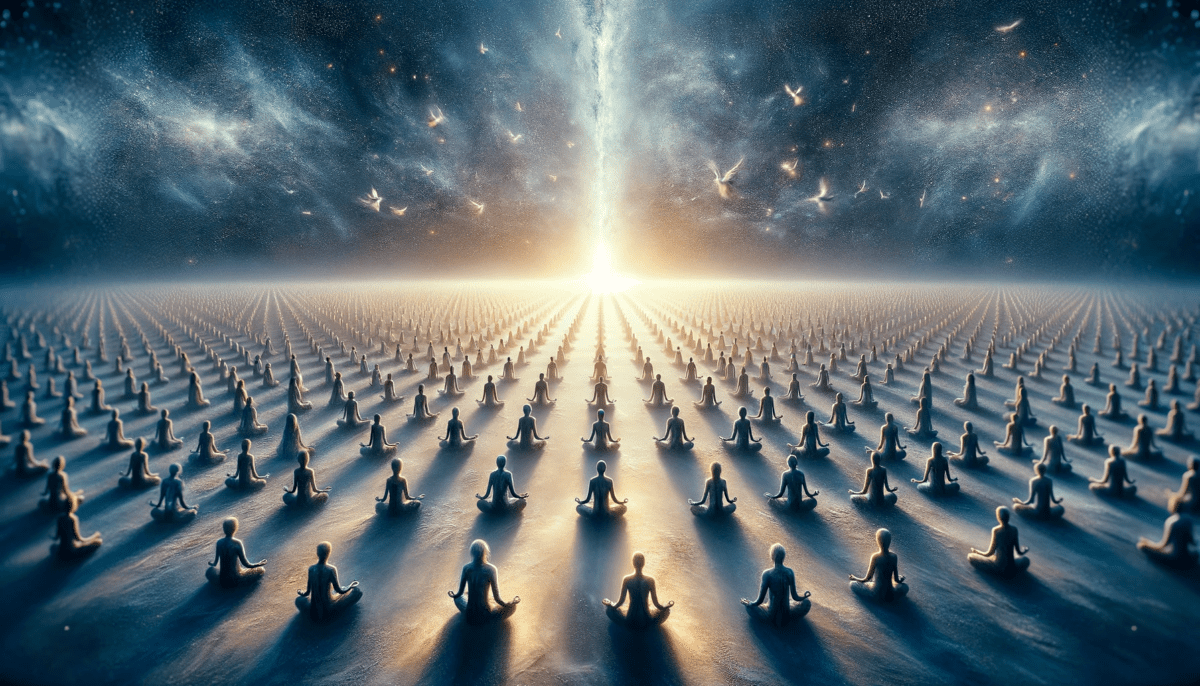




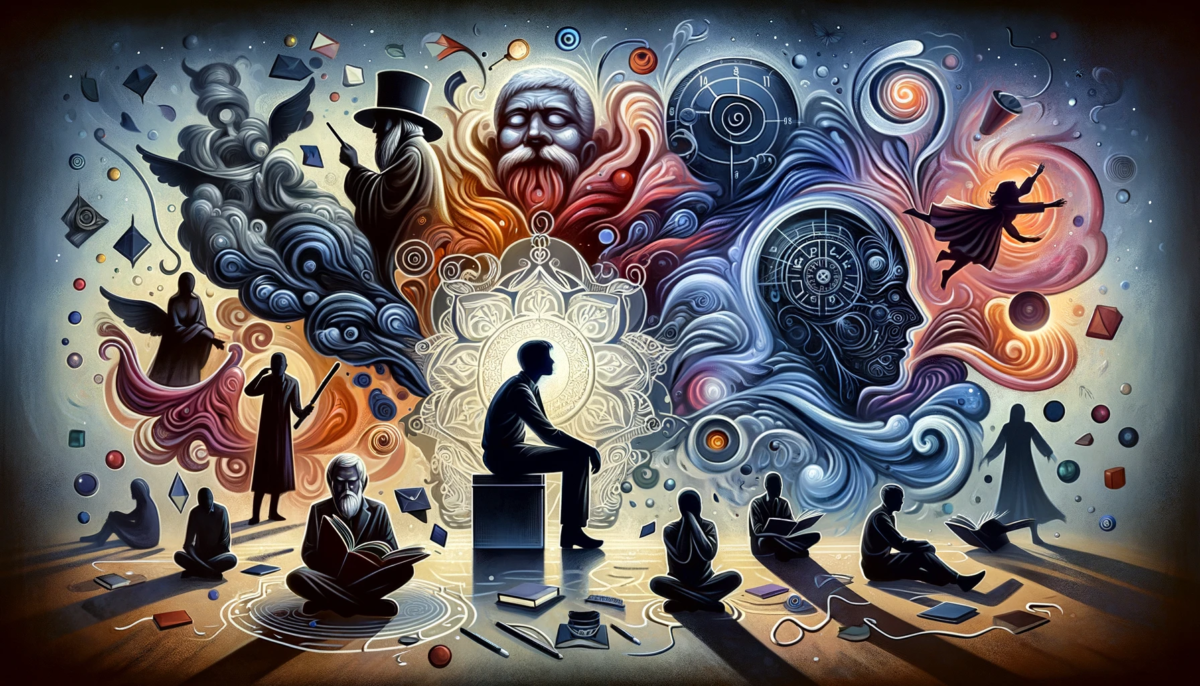





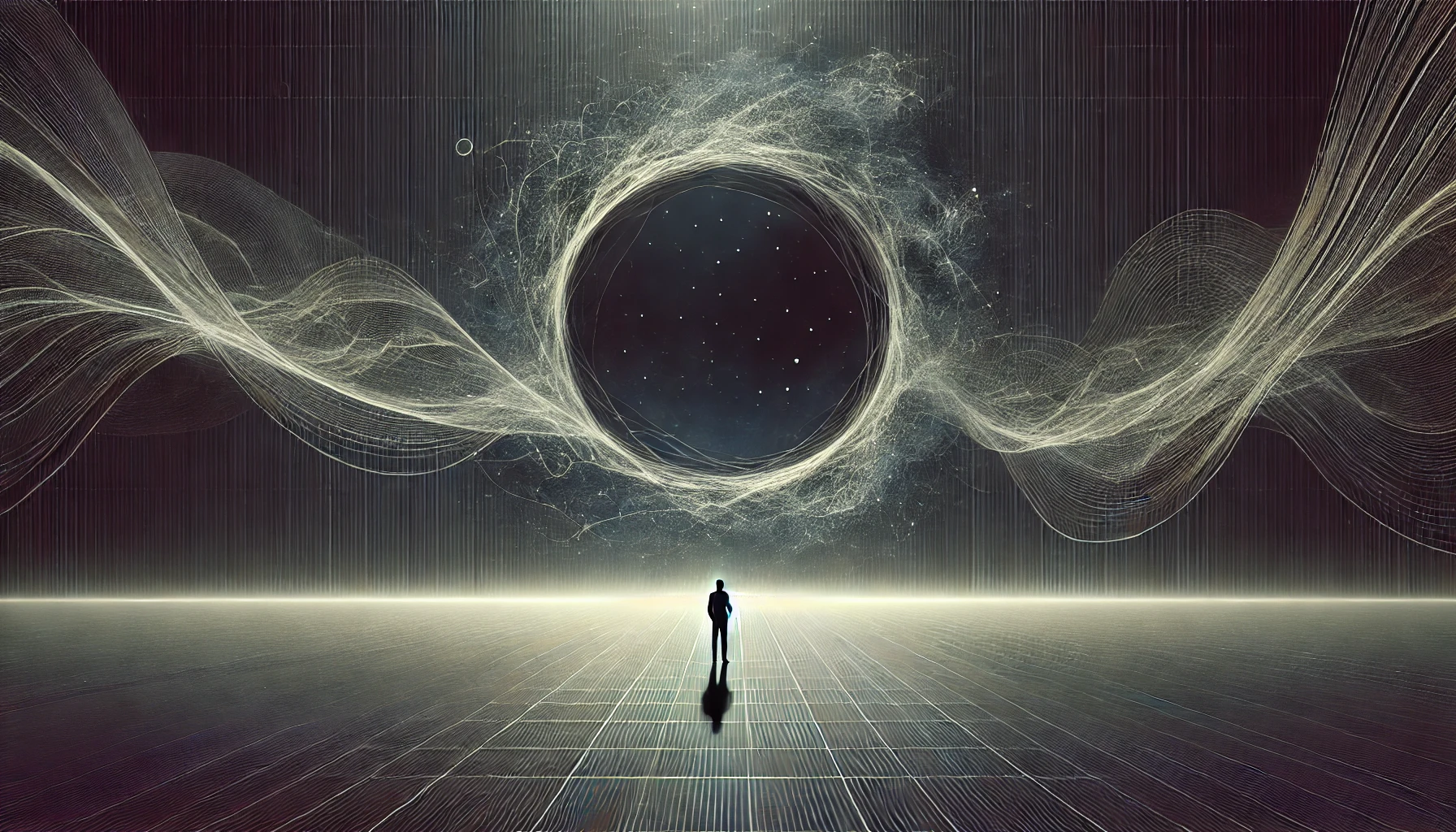
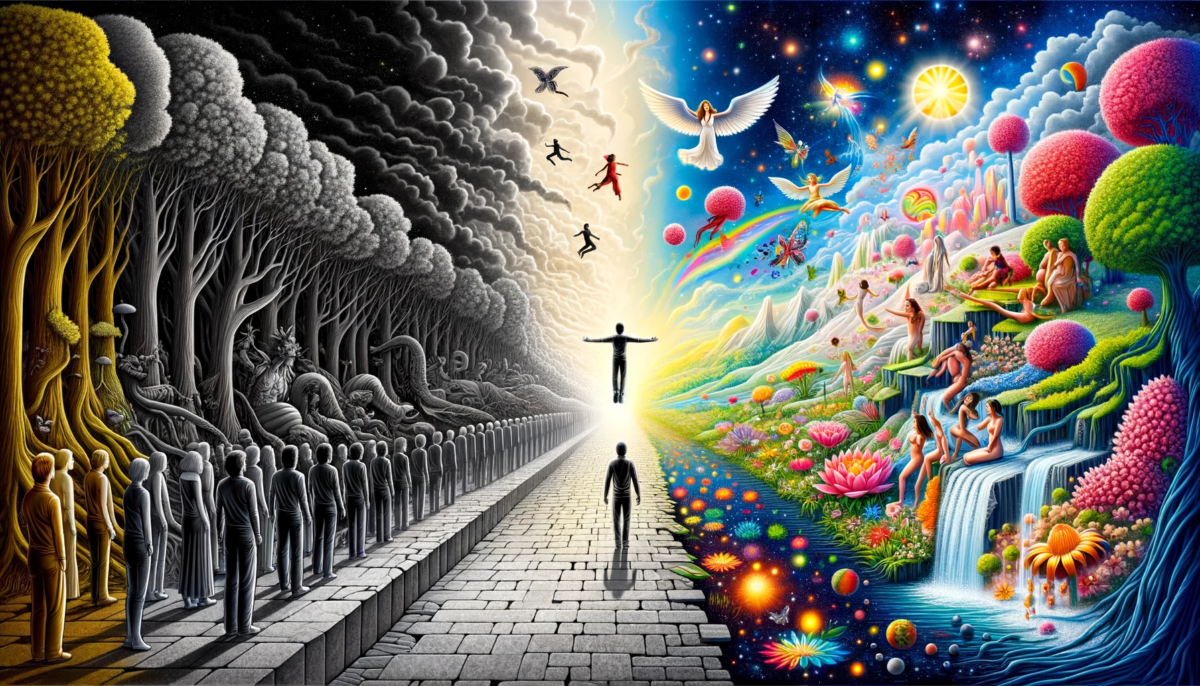








The poem encourages the reader to examine the nature of conflict and the role of ego in perpetuating it. The poem suggests that the enemy is often constructed in a way that justifies one’s own sense of superiority, which can lead to a cycle of violence and conflict. The poem also highlights the importance of introspection and the willingness to confront one’s own faults and shortcomings in order to achieve lasting peace. These themes are consistent with the values promoted by Space Monkey, such as self-awareness, mindfulness, and compassion.